 You’re never too old—or too young—to be making big mistakes when it comes to protecting your skin. Case in point: Melanoma rates are up across the board, but especially among women under 40, according to a new study by the Mayo Clinic. In fact, women under 40 are eight times more likely to get skin cancer now than they were in 1970.
You’re never too old—or too young—to be making big mistakes when it comes to protecting your skin. Case in point: Melanoma rates are up across the board, but especially among women under 40, according to a new study by the Mayo Clinic. In fact, women under 40 are eight times more likely to get skin cancer now than they were in 1970.
Do You Know The Skin Cancer Warning Signs? Seems surprising, right? “Certainly sunscreens weren’t used as much four decades ago,” says lead researcher Jerry Brewer, MD, a dermatologist at the Mayo Clinic. But while people are aware of the danger of sun exposure and tanning beds, their behavior isn’t changing, says Dr. Brewer.
It’s not just the teenager mentality of nothing-bad-will-happen-to-me that’s at play here, say experts. There are a number of misconceptions endangering everybody. Check out these skin care myths that could be putting your health at risk:
Myth: A yearly mole check is all I need for screening.
Fact: If you’re not at high risk for skin cancers, once a year is enough, says Marina Peredo, MD, a board-certified dermatologist in Smithtown, NY. But if you’re fair, have a family history of melanoma, or have suffered several bad sunburns in your life, you should see a dermatologist every six months.
Myth: I should apply sunscreen as soon as I get to the beach.
Fact: Slather it on at least one hour before you enter the sun. “You need to give it a chance to absorb,” says Tony Nakhla, MD, a dermatologist and author of The Skin Commandments. If you wait, you’ve already been exposed to harmful direct sunlight in the time it took you to walk from your car to the sand.
Myth: I need to get a base tan so I don’t burn.
Fact: Pair that mentality with some fair genetics and it’s a melanoma breeding ground, says Dr. Nakhla. When you give yourself a “base,” you’re essentially double-dipping in harmful UVA/UVB rays. There is no such thing as a base tan—tanned skin is damaged skin, and damaged skin is, well, damaged.
Myth: My skin’s naturally dark and never burns so I don’t need sunscreen.
Fact: “Skin cancer is color-blind,” says Jeanine Downie, MD, a dermatologist in Montclair, NJ, and coauthor of Beautiful Skin of Color. In fact, skin cancer rates are increasing among Latinos. Plus, those with dark skin may not recognize the early stages of skin cancers as easily as people with light skin.
It’s never too late to start protecting your skin. Visit SkinMedix.com for the world’d leading sun protection products and anti-aging cosemecuticals!

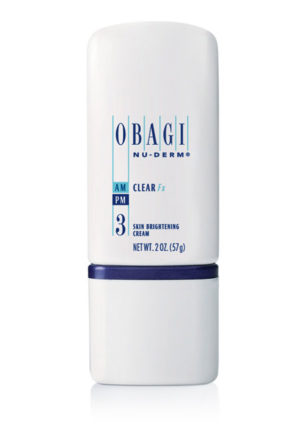
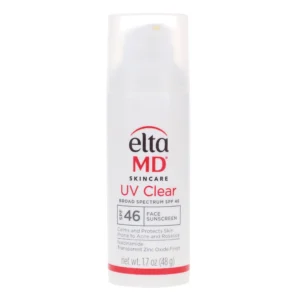
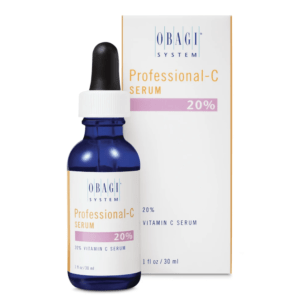
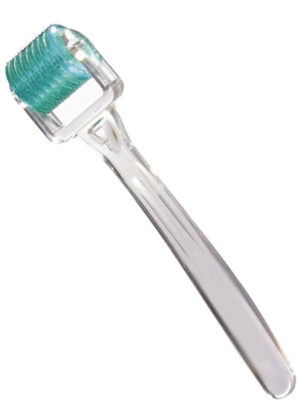
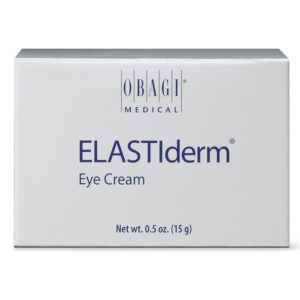
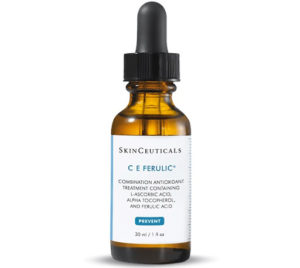
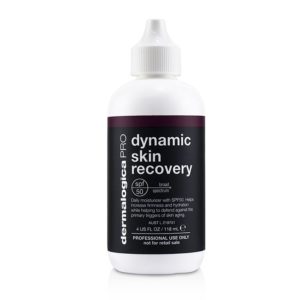
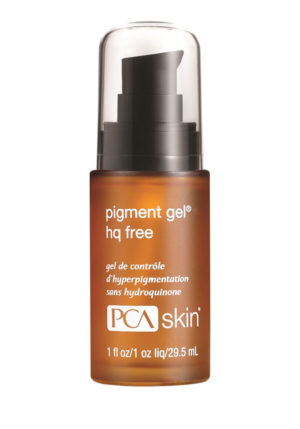
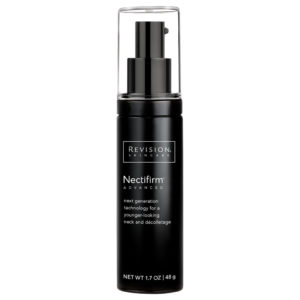
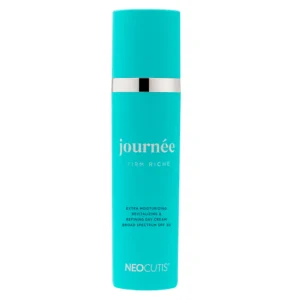
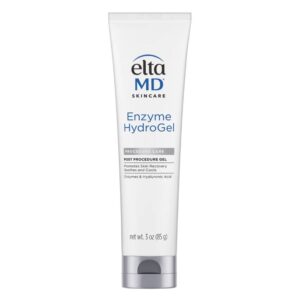
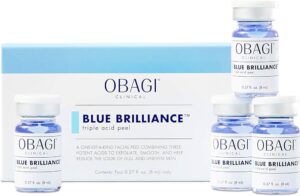
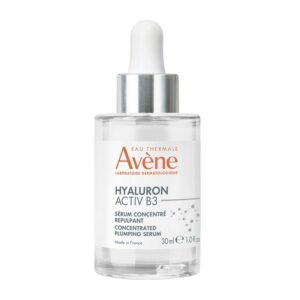
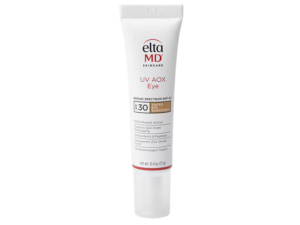


No comments yet.